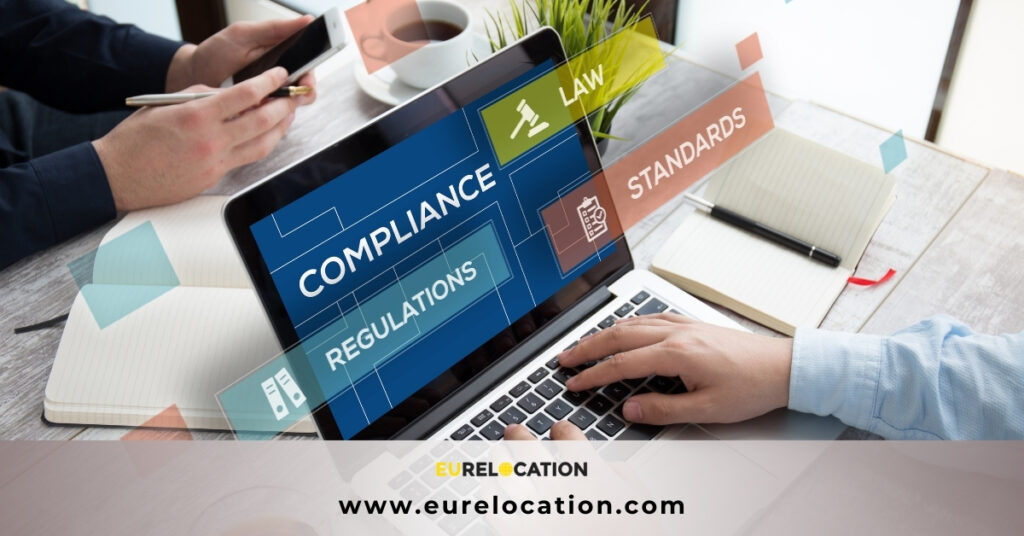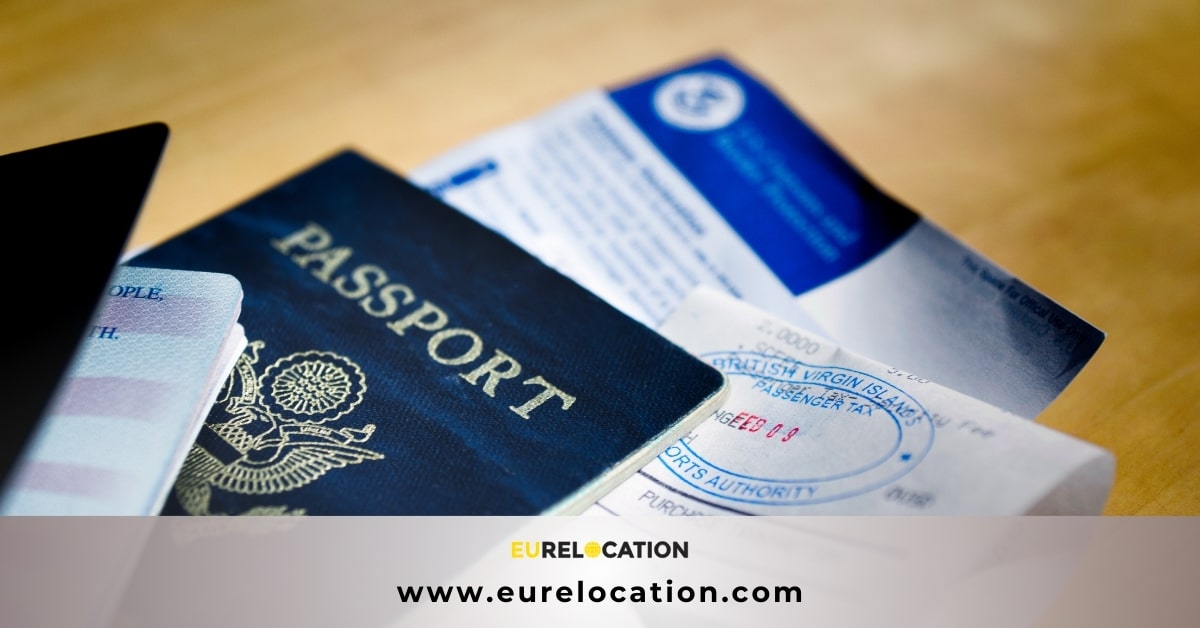Understanding how to register a business is vital for entrepreneurs and companies operating in Europe. Trade registers are key to business transparency, providing important information about companies to the public. This guide will explain the trade register system in Europe, emphasizing its importance, accessibility, and the steps to register a business.
Introduction to Trade Registers in Europe
In Europe, trade registers are official databases maintained by government authorities. They record essential information about businesses within their jurisdictions, ensuring transparency and protecting the rights of creditors and consumers.
What is a Trade Register?
A trade register is an official record that includes crucial information about companies, such as their legal status, registered address, ownership structure, and financial statements. This information is publicly accessible, allowing stakeholders like customers and investors to verify a business’s legitimacy.
Trade Register in Europe: Definition and Purpose
The main purpose of a trade register is to provide a trustworthy source of information about companies. This transparency fosters trust in the business environment, helping all parties make better decisions. Trade registers also play a key role in legal matters by providing evidence of a company’s existence and obligations.
Legal Framework Governing Trade Registers
The rules governing trade registers in Europe are a mix of EU regulations and national laws. Each EU member state maintains its own trade register, complying with EU directives that aim for uniformity and transparency.
Trade Register in Europe: EU Regulations vs. National Laws
While the EU sets guidelines for trade registers, each member state has different rules about the information recorded, the registration process, and costs. Businesses must understand the specific laws in their country.
Importance of Trade Registers for Businesses
Trade registers are crucial for businesses for several reasons:
- Legal Protection: Being in a trade register offers legal recognition, which is essential for contracts and financing.
- Transparency: Stakeholders can access reliable information about a company’s financial health and ownership.
Types of Information Recorded in Trade Registers
Trade registers typically contain various information about companies, including:
- Company Details: Name, registered address, and contact information.
- Financial Records: Annual accounts and balance sheets.
- Ownership: Information about shareholders and directors.
This data is essential for anyone wishing to engage with a company for investment, partnership, or credit purposes.
How to Access Trade Registers in Different Countries
Accessing trade registers in Europe varies by country. Some offer online access, while others require in-person visits.
Trade Register in Europe: Overview of Access Points
Most countries have made their trade registers accessible online, allowing users to search using the company name or registration number. However, some countries may still require visits to government offices for certain documents.
The Role of National Trade Registers
Each EU member state has its own national trade register tailored to local business practices.
Country-Specific Registers and Their Functions
- Germany: The Handelsregister includes detailed company data, share capital, and legal representatives.
- France: The Registre du Commerce et des Sociétés (RCS) provides essential information about businesses.
- Italy: The Registro delle Imprese is used for company registration and activity records.
- Malta: The Malta Business Registry maintains information on all registered entities, ensuring compliance with local laws.
- UK: Following Brexit, the Companies House serves as the primary trade register with unique rules.
Differences Between Trade Registers in Europe
While the purpose of trade registers is similar across Europe, the way they operate can vary.
Case Studies: Germany, France, Italy, and the UK
- Germany: Focuses on strict compliance and regular updates.
- France: Strong consumer protection laws affect registration.
- Italy: More bureaucratic, making registration slower.
- UK: The Companies House has its own distinct procedures.
Costs and Fees Associated with Trade Registers in Europe
The costs of registering a business and accessing trade register information vary significantly across Europe.
Registration Costs, Access Fees, and Other Charges
Businesses should budget for registration fees, which can range from minimal to several hundred euros. Additionally, there may be fees for accessing specific documents.
Procedures for Registering a Business
Registering a business in Europe involves several steps, which can vary by country:
Step-by-Step Guide for New Businesses
- Choose a Business Structure: Decide on the legal structure (e.g., sole proprietorship, corporation).
- Register with the Trade Register: Submit the necessary documents to the appropriate authority.
- Obtain Necessary Licences and Permits: Depending on your business type, additional licences may be required.
Compliance and Reporting Requirements
After registration, businesses must follow specific compliance and reporting requirements to maintain their status.
Ongoing Obligations After Registration
Most countries require annual reports, accurate financial records, and updates to the trade register about changes in ownership or structure.
The Impact of Digital Transformation on Trade Registers
Digital technology has greatly changed how trade registers operate.
Online Access, E-filing, and Digital Records
Many countries now offer online portals for registration and access to trade register information, making it easier for businesses and individuals.
Case Studies: Successful Businesses Using Trade Registers
Companies that engage with their national trade registers often see increased transparency and credibility.
Examples of Businesses Benefiting from Proper Registration
Businesses with up-to-date information in the trade register may find it easier to secure financing and attract customers.
Best Practices for Navigating Trade Registers
Navigating the trade register landscape in Europe is crucial for businesses seeking legal protection and transparency. By understanding the legal framework, accessing resources, and following compliance requirements, companies can leverage trade registers to improve their operations and build trust.
FAQs: Frequently Asked Questions
What is the primary purpose of a trade register?
The primary purpose is to provide transparency and legal recognition of businesses within a specific jurisdiction.
How can I access a trade register in Europe?
Most trade registers are online, but some may require in-person visits.
What information can I find in a trade register?
You can find details about a company’s legal status, registered address, financial records, and ownership structure.
Are there costs associated with accessing trade registers?
Yes, there may be registration fees and charges for specific documents.
What are the compliance requirements after registering a business?
Businesses must file annual reports, maintain accurate financial records, and inform the trade register of significant changes.









